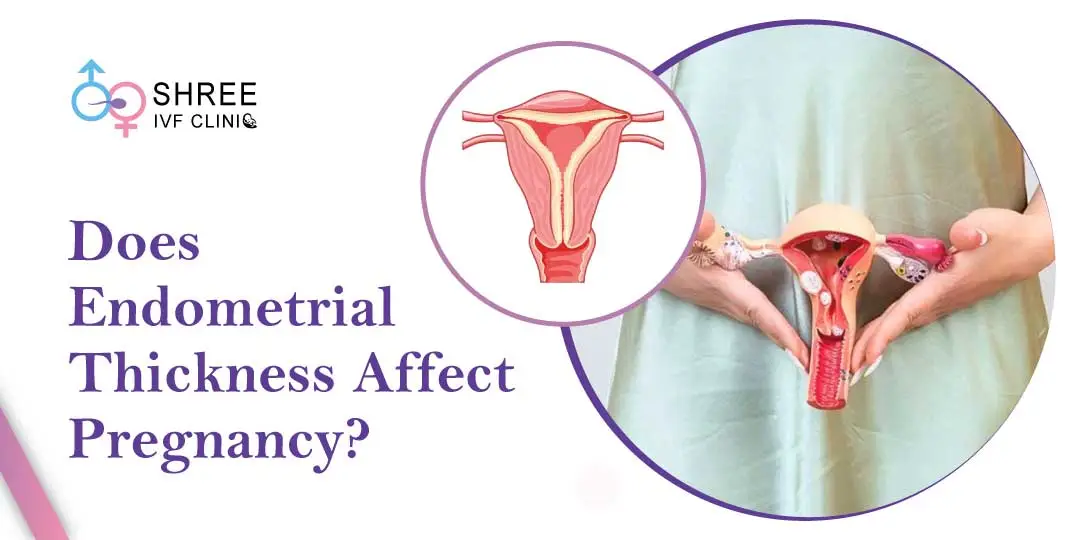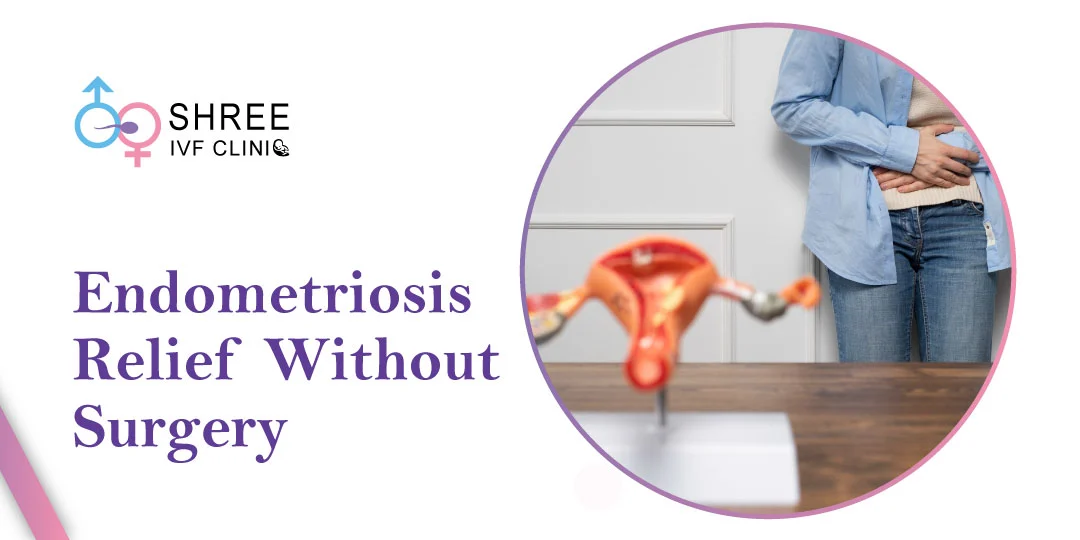Expanding Reproductive Possibilities: Uterus Transplantation for Transgender Women
UPDATED ON 5TH MAR. 2024
The medical world constantly pushes the boundaries of human understanding and capabilities, seeking to enhance and extend life. A significant area of development is within transgender healthcare and reproductive rights.
A groundbreaking procedure, uterus transplantation for transgender women, could potentially shift paradigms around reproductive freedom. Let’s delves into this intricate procedure, its implications, and the transformative future it could herald for transgender women globally.

AUTHOR
Dr Jay Mehta
Scientific Director & IVF Specialist with 10+ years of experience
TREATMENT
Uterus Transplant
GET IN TOUCH ON
A Glimpse into Uterus Transplantation
At its core, uterus transplantation is a surgical procedure wherein a healthy uterus from a donor is transferred into a recipient who does not possess a functional uterus. The capacity to carry a pregnancy to term is often taken as a given.
However, for individuals who cannot conceive due to congenital conditions, illnesses, or gender transition, uterus transplantation could offer a pathway to biological parenthood. Across the globe, this procedure has yielded successful outcomes, steadily gaining recognition as a viable fertility alternative.
The Intricacies of Uterus Transplant Surgery
The journey of uterus transplantation is complex and demands exacting medical expertise. The process initiates with the meticulous extraction of the uterus from the donor, ensuring the organ’s structure and functionality remain intact.
Subsequently, the organ is transplanted into the recipient, where it must be accepted by the body to function optimally. This intricate procedure underscores the remarkable strides made in medical science and the prowess of surgeons who surmount these challenges.
Milestones in Uterus Transplantation
Uterus transplantation is an evolving field, with continuous research and technological innovations enhancing the safety and success rates of the procedure.
Breakthroughs in immunosuppressive therapies have lowered the risks associated with organ rejection, while enhancements in surgical techniques have increased the accuracy of the transplantation process.
These advancements play a pivotal role in making uterus transplantation a feasible and more effective option for those seeking biological parenthood.
Eligibility Criteria for Uterus Transplantation
Eligibility for uterus transplantation involves a comprehensive screening process that assesses candidates’ psychological, emotional, and physical readiness. This multidisciplinary approach ensures the procedure is not only safe but also beneficial for the recipients.
This involves an assessment of the recipient’s overall health, understanding their motivations and expectations, and preparing them for the rigors of pregnancy and parenthood. This thorough process underscores the commitment to patient well-being and the ethical practice of this groundbreaking procedure.
Significance of Post-Transplant Care
Aftercare following transplant is a critical part of the transplantation journey. It involves regular monitoring of the recipient’s health and the functionality of the transplanted organ.
This enduring medical support aims to ensure the successful integration of the transplanted uterus and promptly address any complications.
The importance of this continued care is paramount as it significantly influences the success of the transplant and the recipient’s post-procedure quality of life.

4,790+
379K+
” Every individual and couple’s journey is unique, and
finding the right solutions tailored to their specific
circumstances can make all the difference “
Ethical and Social Considerations
Uterus transplantation in transgender women introduces several ethical considerations and societal attitudes. It challenges conventional perceptions of gender and parenthood, necessitating respectful and open conversations around these topics.
Furthermore, it demands a reassessment of existing healthcare policies and societal attitudes towards transgender rights. By fostering understanding and acceptance, we can cultivate a more inclusive environment for transgender individuals seeking reproductive healthcare.
The Road Ahead: The Future of Uterus Transplantation
The future of uterus transplantation is brimming with potential. Emergent technologies and ongoing research could make this procedure more accessible and efficient, signifying a new epoch in reproductive healthcare. The possibility of bioengineered uteruses and advancements in fertility treatments could widen the scope of uterus transplantation, laying the groundwork for increased inclusivity and equality in reproductive healthcare.
In Conclusion
The potential of uterus transplantation for transgender women represents a considerable leap in medical science and societal acceptance. It’s a multifaceted yet hopeful field that requires continuous research, dialogue, and understanding.
As we persist in exploring these possibilities, we inch closer to a future where reproductive healthcare is genuinely inclusive and equal – a future where every individual has the opportunity to experience the joy of parenthood.
AUTHOR
Dr Jay Mehta
Scientific Director & IVF Specialist with 10+ years of experience
TREATMENT
Uterus Transplant
CALL US 24/7 FOR ANY HELP
GET IN TOUCH ON
Share Article on
Recommended Reading
Endometriosis Thickness and Its Impact on Pregnancy
A good endometrial thickness (8-14 mm) is essential for pregnancy, especially in women with endometriosis. Learn how it impacts fertility and conception
How To Cure Endometriosis Without Surgery?
Endometriosis symptoms can be managed without surgery. Medications, natural remedies, and lifestyle changes help to manage symptoms
Difference Between Adenomyosis and Endometriosis
Endometriosis causes tissue to grow outside the uterus, while adenomyosis leads to growth within the uterine muscle




